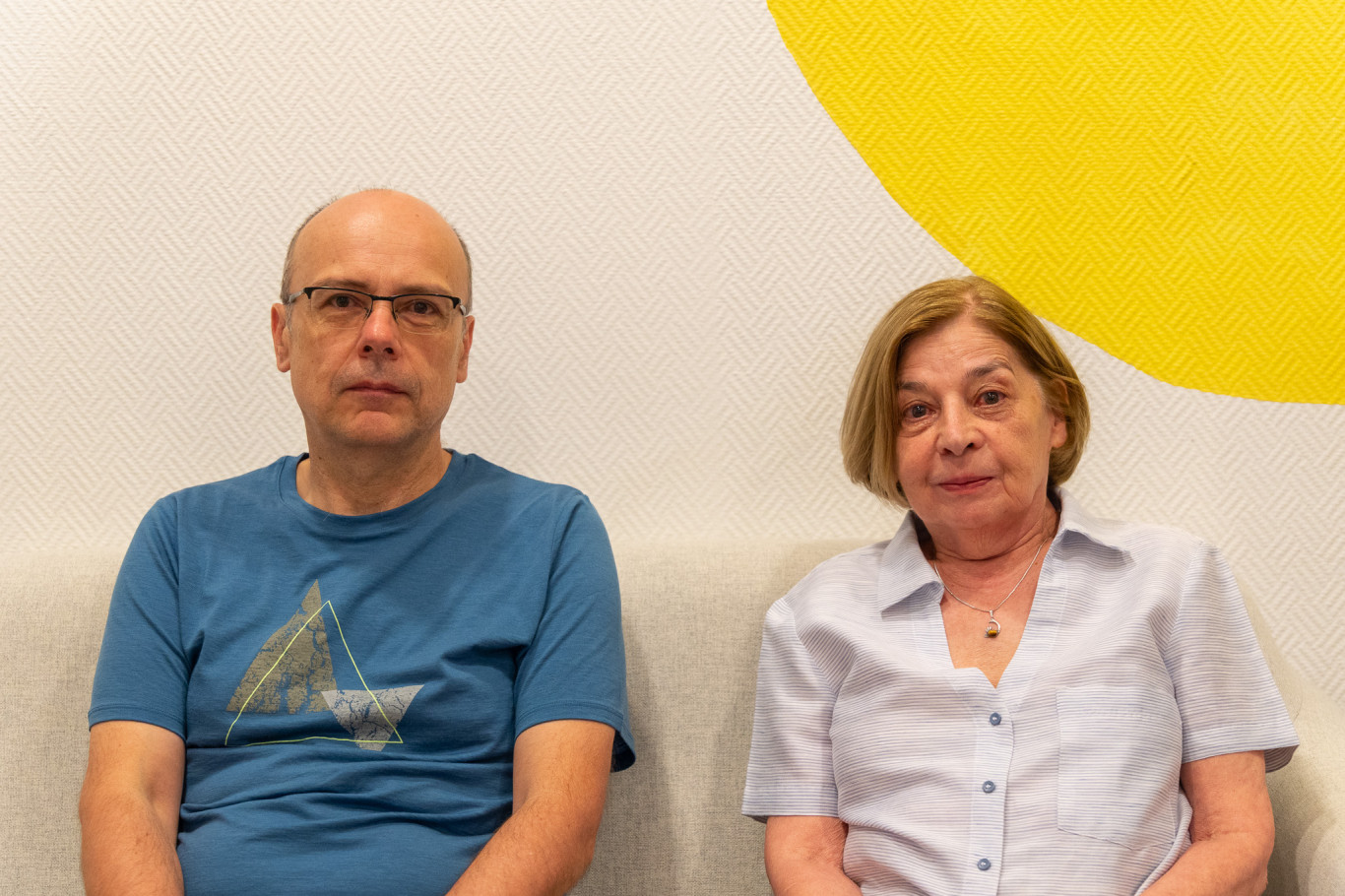Az előadásra hibrid formában kerül sor zoom felületen, illetve személyesen a K.11-12 terem; 2024. április 4.-én 13:00 – tól.
Előadó: Johannes Wachs
Title: Online public goods and Large Language Models
Abssztrakt:
When we share content, discuss topics, and ask or answer questions online, we are contributing to the vast amount of data on the web. Search engines made this data accessible and valuable by indexing the web. More recently, people seeking information on the web have found a new alternative: large language models (LLMs) like ChatGPT. LLMs offer useful information on a variety of topics and are increasingly competitive with search engines and public web forums. I will present evidence that since the release of ChatGPT, activity on Stack Overflow, the largest online Q&A platform for computer programming, has fallen significantly. We observe no significant change in content quality but do find significant heterogeneity across programming languages. I will discuss potential implications of this phenomenon. I will also share early results from a large-scale randomized control trial on incentivizing contributions to online public goods.









